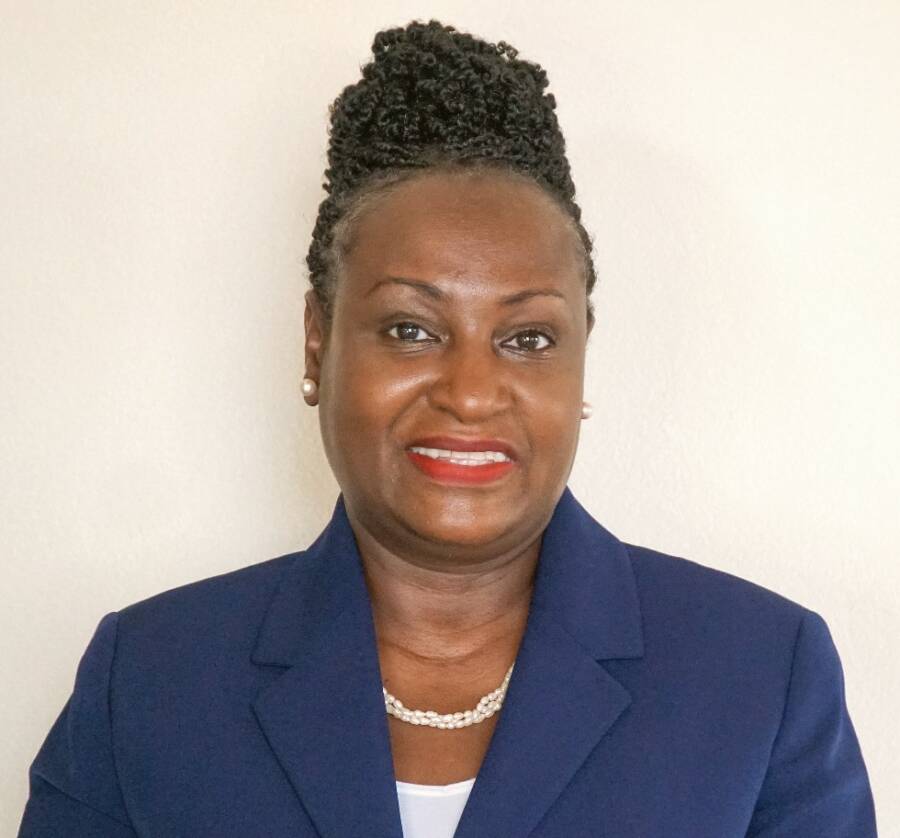Grenada, a small island nation in the Caribbean, is grappling with one of its most complex foreign policy challenges since the tumultuous events of October 1983. As the nation reflects on its history, the lessons from the Cold War era remain strikingly relevant in today’s unpredictable global landscape. Dr. Wendy C. Grenade, a seasoned political scientist, offers a profound analysis of how Grenada can navigate its foreign policy dilemmas by drawing from its past experiences and adapting to contemporary realities.
October 1983 marked a pivotal moment in Grenada’s history, leaving deep scars on its society. While the Grenada Revolution brought significant social and economic advancements, its alignment with the Soviet Union and Cuba during the Cold War exposed the nation to foreign policy missteps. These historical events underscore the importance of neutrality and non-alignment for small states, which must avoid becoming proxies for larger powers to preserve their sovereignty and peace.
In the current multipolar world, Grenada faces new paradoxes. Balancing sovereignty amid economic dependency, maintaining neutrality without compromising security, and asserting its identity in a world of unequal power relations are critical challenges. Dr. Grenade emphasizes that strategic diplomacy—defined as the art of achieving equilibrium in an imbalanced global system—must be a cornerstone of Grenada’s foreign policy. This approach requires regional cooperation, technical expertise, and democratic participation.
Security regionalism, as exemplified by the Revised Treaty of Chaguaramas and the Revised Treaty of Basseterre, provides a framework for collective resilience among Caribbean nations. The Regional Security System (RSS) further strengthens this collective defense, ensuring that Grenada’s security interests are safeguarded alongside its neighbors. Additionally, technical competency and research capabilities within foreign ministries are essential to navigate the complexities of 21st-century diplomacy.
Democracy also plays a vital role in shaping foreign policy. Public opinion and inclusive governance ensure that citizens’ voices are heard, fostering accountability and sustainability. As Grenada moves forward, the lessons of the past—particularly the dangers of militarization and the imperative of promoting peace—must guide its strategic decisions. Ultimately, Grenada’s foreign policy must serve as a tool to advance its collective well-being and uphold its sovereignty in an increasingly chaotic world.
